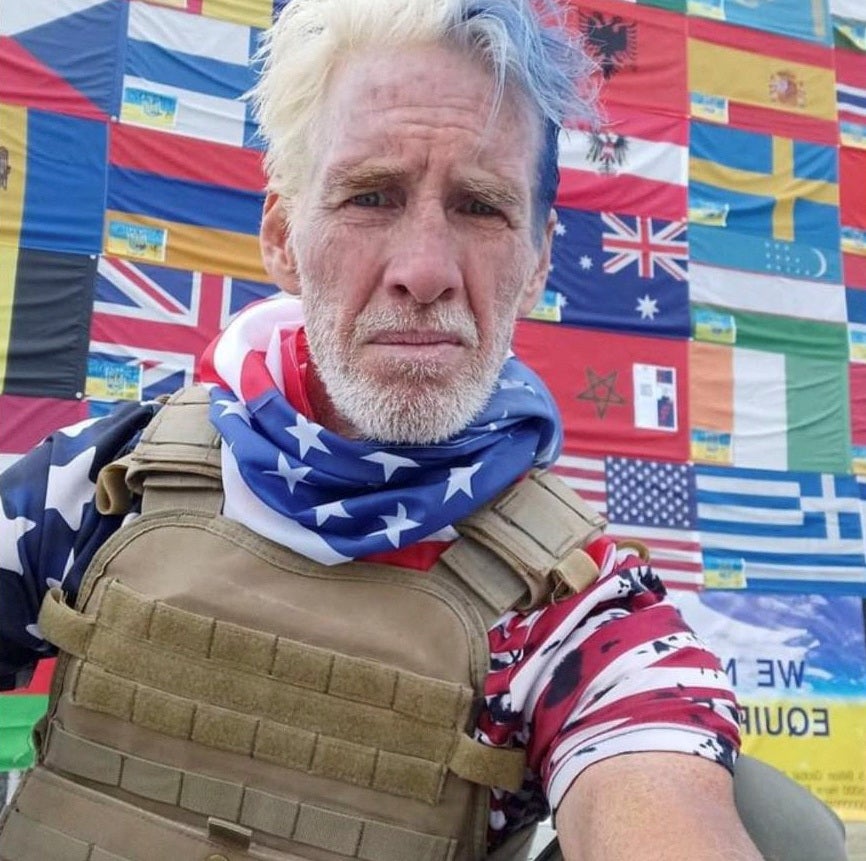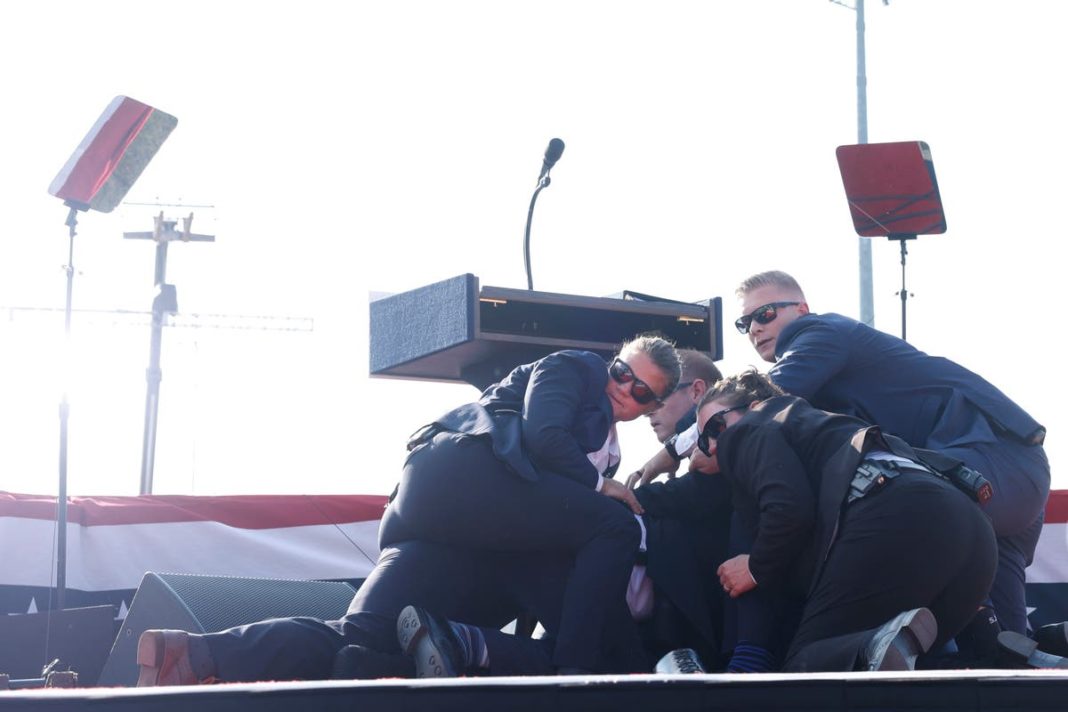It’s only September, and Donald Trump has already survived the second assassination attempt of his current presidential campaign. No one is under the impression that it will be the last. The Secret Service has taken the extraordinary step of asking Trump to limit his golfing, or at least to allow them to gather more resources before he golfs again.
For an organisation that takes presidents into places like Kyiv and Baghdad, with a zero-fail mission attitude, this concession is hugely embarrassing. Presidential candidates, in functional democracies, can go play a round of golf without worrying if they’re going to be killed. The political violence rising in the United States has crossed a threshold, and it is unclear whether it can cross back.
The Secret Service makes for a natural scapegoat after a shooting. In the aftermath of the first attempt on Trump’s life, Kimberly Cheatle, head of the Secret Service, had to endure a grilling in Congress, and then resigned. Her career crucifixion was little more than a formality, of course. It is good and proper that whoever runs institutions with the prominence of the Secret Service has to take responsibility when it messes up. Heads must roll. But let’s not confuse Cheatle taking the blame with her being the problem.
Members of Congress, both Democrat and Republican, found her convenient to condemn, but they weren’t trying to solve anything. They were not trying to establish a way for American politicians to feel safe from the reality of rising violence.
While I was researching The Next Civil War, published in 2022, I interviewed an anonymous Secret Service agent, and already, by then, they were facing an unmanageable surge of threats. The Secret Service investigates the intents, means and opportunities of credible threats to presidential candidates. In previous eras, such threats arrived by letter or over the phone.
The internet expanded the capacity for hatred exponentially. The sheer volume of people openly expressing a desire to harm political candidates in America is simply too great for any agency, with any level of funding or dedication, to contain.
The overwhelming bulk of credible threats is only one part of the crisis, though. The type of threat has changed. Internet rage produces what criminologists call “stochastic terrorism”, and it is vastly thornier to defend against than the work of organised political groups with specific aims and established hierarchies.
Sometimes, this kind of terrorism is called “lone wolf” terrorism, but the term is imprecise. “Lone wolf” implies that violence comes out of the twisted soul of an individual. But stochastic terrorism is the product of diseased networks, not just people. The loathing, fear and contempt that drive American politics coalesce into violent men who commit violent acts. The assassins are fruits of a toxic tree.
And no one should underestimate the scope of loathing, fear and contempt in American politics right now. Republicans and Democrats live in different worlds, with fundamentally distinct values. In 1960, only 4 per cent of Democrats and 4 per cent of Republicans said they wouldn’t want their children to marry a member of the other party. By 2010, half of Republicans and nearly a third of Democrats saw a bipartisan family as undesirable. Currently, a quarter of Americans agree with the statement “American patriots may have to resort to violence to save the country.”
The percentages don’t shift much whether you’re asking Republicans or Democrats. So the assassins who seem to come out of nowhere actually emerge from a deep-seated widespread hatred. That’s why there are so many of them who are armed and dangerous.
There are 500 million firearms in America today. Only a little more than 6 million are registered. The quantity of ammunition is unknown, but domestic consumption alone accounts for 12 billion rounds a year. The Secret Service is up against some pretty simple, brutal, maths. Vast hatred meets lots of guns. The results are inevitable.
A new, darker trend has emerged in the most recent attempts against Trump as well. The appetite for conspiracy and violence that we’ve come to expect from the far right is now manifesting on the left. Social media networks were full of claims that the first assassination attempt was a “false flag” operation, the kind of claim you might well have heard on conservative talk radio after school shootings during the Obama years.
A recent poll showed that 7 per cent of Americans believed that violence should be used to restore Trump to the presidency, but 10 per cent believed that the “use of force is justified to prevent Donald Trump from becoming president”. The standard narratives of the far-right lunatic – estranged and alienated, overwhelmed by internet fantasies – are now fully bipartisan. Both would-be assassins fall into that camp.

The American presidency has always been a dangerous job. Four out of 45 presidents have been assassinated – a much higher ratio than soldiers in combat. A further 13 presidents have survived assassination attempts. Compare that to other countries: The last British prime minister to be assassinated was Spencer Perceval, in 1812. Australia has had three political assassination attempts in its entire history; Canada just one.
Trump has somehow turned the attempt on his life into a brag: “Only consequential presidents get shot at,” he claimed last week (Like many of Trump’s claims, this is simply not true. No one would describe William McKinley as consequential.) He also claimed that he was putting for a birdie when the Secret Service disrupted the assassination attempt. Missing that shot, he said, was what really upset him.
The Secret Service agent I spoke with for The Next Civil War told me, that in America, presidential assassination amounts to a part of the political process. He was kidding, but that didn’t mean he was wrong. Stochastic terrorism is so powerful, and so confounding, exactly because it is so effective. Violence breeds violence, everywhere, at all times. It is unclear at this point in history if the Secret Service, or anybody, can save America from itself.
Stephen Marche is the author of ‘The Next Civil War: Dispatches from the American Future’


